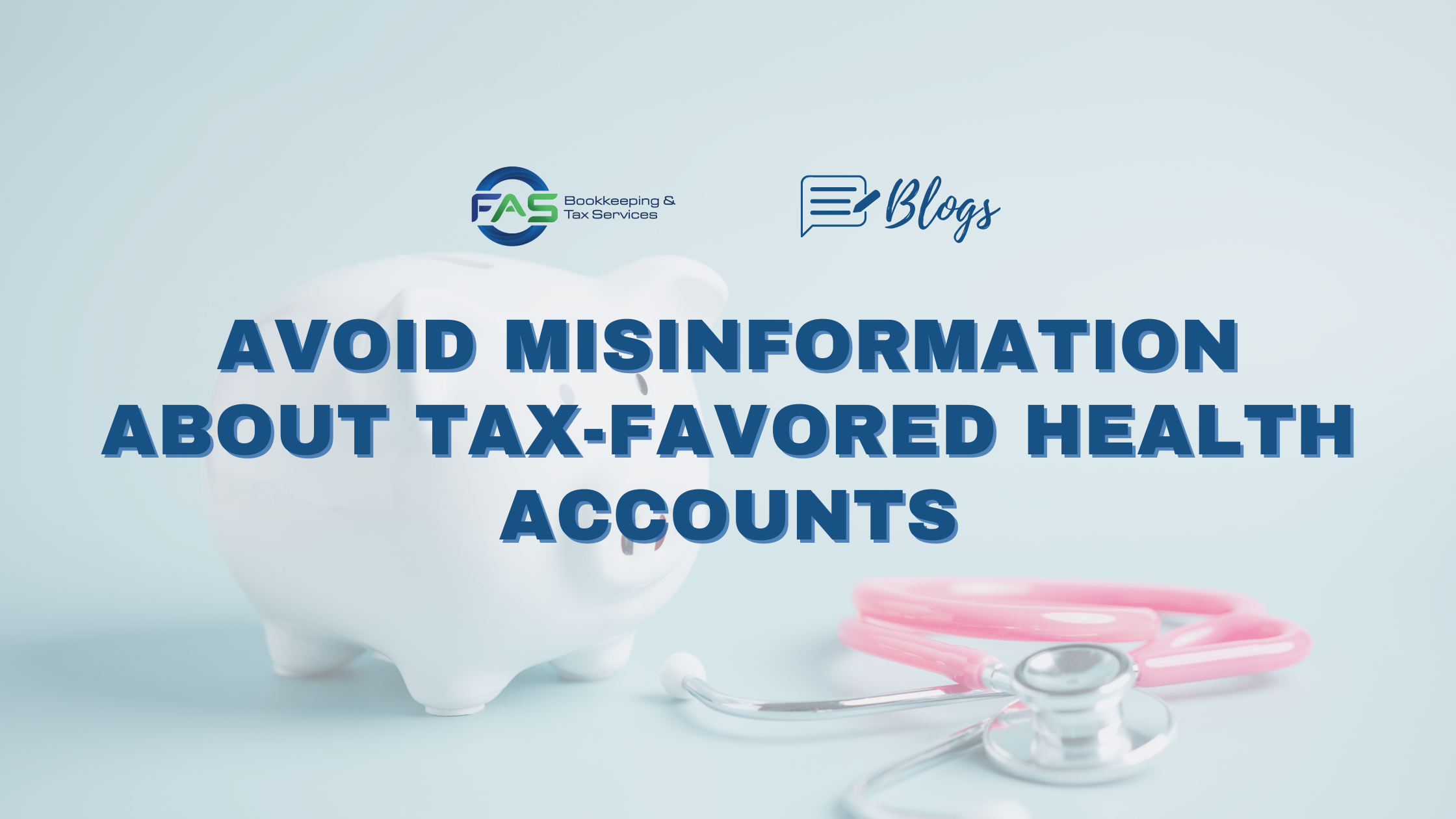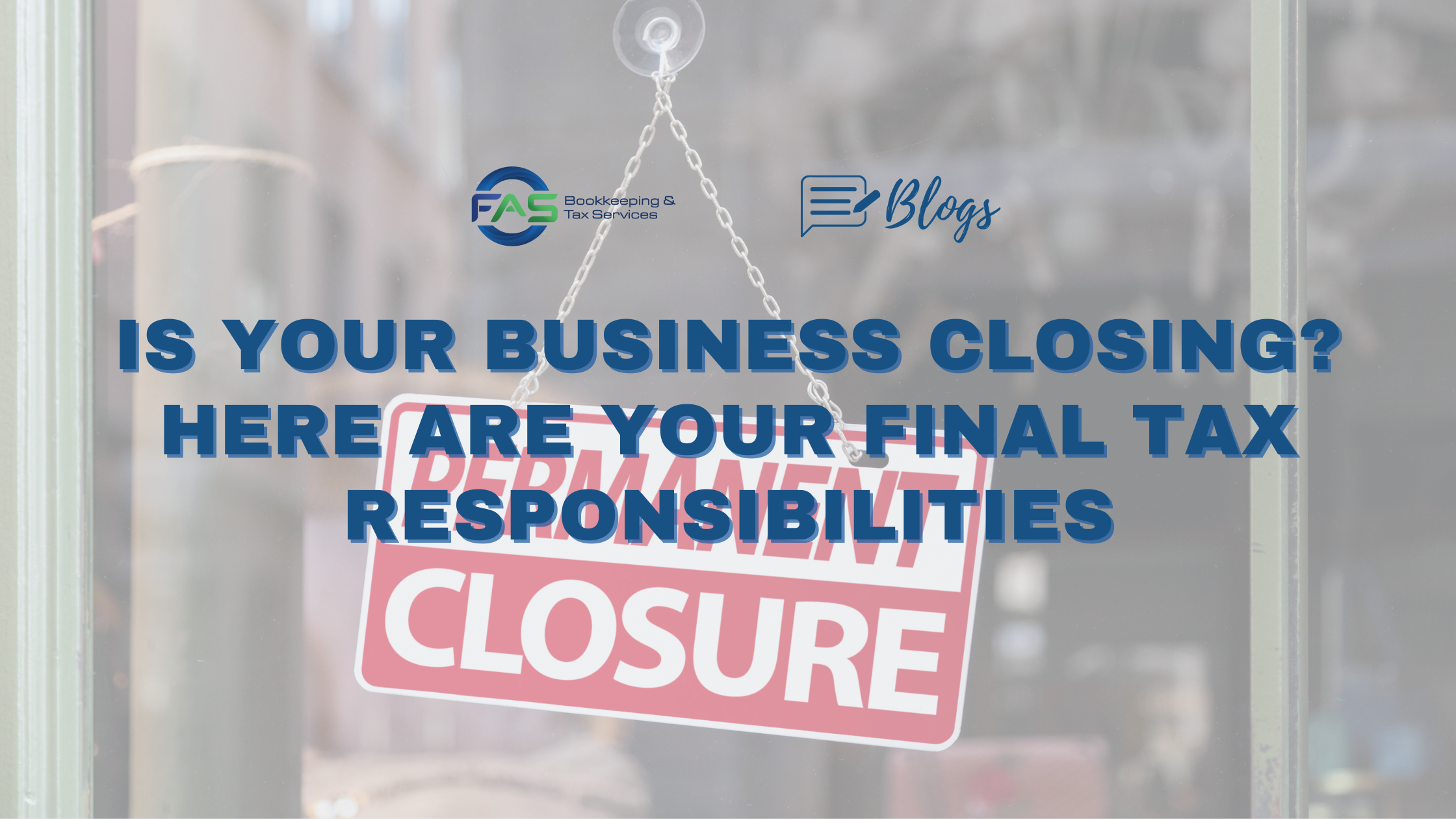In general, income from renting a vacation home for 15 days or longer must be reported on your tax return on Schedule E, Supplemental Income and Loss. You should also keep in mind that the definition of a “vacation home” is not limited to a house. Apartments, condominiums, mobile homes, and boats are also considered vacation homes in the eyes of the IRS. Tax rules on rental income from second homes can be confusing, especially if you rent the home out for several months of the year and use the home yourself.
Minimal Rental Use
However, there is one provision that is not complicated; homeowners who rent out their property for 14 or fewer days a year can pocket the rental income tax-free. In other words, if you live close to a vacation destination such as the beach or mountains, you may be able to make some extra cash by renting out your home (principal residence) when you go on vacation as long as it’s two weeks or less. Although you can’t take depreciation or deduct for maintenance, you can deduct mortgage interest, property taxes, and casualty losses on Schedule A (1040), Itemized Deductions.
Dividing Expenses Between Rental and Personal Use
A vacation home is considered a residence if personal use exceeds 14 days or more than 10 percent of the total days it is rented to others (if that figure is greater). When you use a vacation home as your residence and also rent it out to others, you must divide the expenses between rental use and personal use. You may not deduct the rental portion of the expenses that are more than the rental income.
Let’s say you own a beach house (your “second home”) and rent it out during the summer between mid-June and mid-September. You and your family also vacation at the house for one week in October and two weeks in December. The rest of the time, the house is unused.
The family uses the house for 21 days, and it is rented out to others for 121 days for a total of 142 days of use during the year. In this scenario, 85 percent of expenses such as mortgage interest, property taxes, maintenance, utilities, and depreciation can be written off against the rental income listed on Schedule E. As for the remaining 15 percent of expenses, only the owner’s mortgage interest and property taxes are deductible on Schedule A.
Tax Reform and Vacation Rentals
Under tax reform, the amount of interest a homeowner can write off is limited to mortgage loan amounts of $750,000 or less for tax years 2018-2025. If you own a second home as well, the two mortgages combined could exceed the $750,000 cap. In addition, property tax deductions (combined with state income taxes) are capped at $10,000.
If you do not rent out your second home, you could be losing out on deductions (taxes and mortgage interest) that lower your taxable income. Therefore, it is prudent to consider renting out your second home as a vacation rental since you would then be able to deduct these expenses and possibly others such as Homeowners Association fees, maintenance expenses, and utilities. Furthermore, you can still use the home 14 days a year (more if you stay there for home maintenance-related activities) and deduct these expenses. Even if you use it more than 14 days a year, you can still deduct these expenses proportional to the amount of rental use.
Net Investment Tax
If you have a rental income, you may be subject to the Net Investment Income Tax (NIIT), a 3.8 percent tax that applies to individuals, estates, and trusts that have net investment income above applicable threshold amounts.
Tax laws are complicated. If you have any questions about renting out your second home or any other tax matters, let our Enrolled Agent help you. Contact us today!





